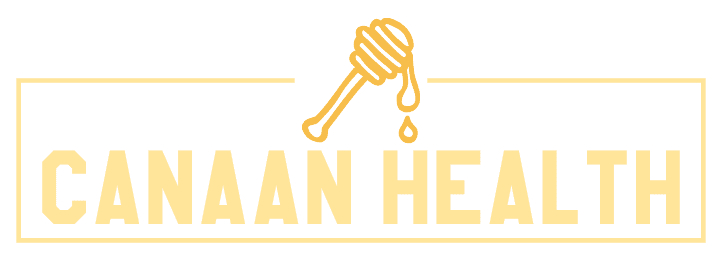Introduction:
Proper nutrition plays a vital role in promoting overall health and well-being. The food we consume provides the necessary nutrients, vitamins, and minerals that our bodies need to function optimally. In this article, we will delve into the power of nutrition and explore how it can positively impact your health and wellness.
Section 1: Understanding the Basics of Nutrition
What is Nutrition?
Nutrition is the process of obtaining and utilizing food for growth, metabolism, and the maintenance of various bodily functions. It involves the ingestion, digestion, absorption, and utilization of nutrients from the foods we eat. A balanced and nutritious diet is essential for maintaining good health.
Essential Nutrients for Optimal Health Content:
Our bodies require a variety of nutrients to support different bodily functions. These include macronutrients such as carbohydrates, proteins, and fats, as well as micronutrients like vitamins and minerals. Each nutrient plays a specific role in our body, and a deficiency or imbalance can lead to health problems.
Carbohydrates are the body’s primary source of energy and are found in foods like grains, fruits, and vegetables. Proteins are crucial for building and repairing tissues, supporting immune function, and producing enzymes and hormones. Good sources of protein include lean meats, fish, legumes, and dairy products. Fats are essential for hormone production, nutrient absorption, and providing energy. Healthy fats can be found in foods like avocados, nuts, and olive oil.
Vitamins and minerals are necessary in small quantities but are vital for various bodily processes. For example, vitamin C supports the immune system, vitamin D promotes bone health, and minerals like calcium and iron are essential for strong bones and oxygen transport, respectively.
The Role of Hydration Content:
While often overlooked, staying properly hydrated is crucial for overall health. Water is essential for digestion, nutrient absorption, temperature regulation, and the elimination of waste products. It is recommended to drink an adequate amount of water throughout the day to maintain optimal hydration. The exact amount varies depending on factors such as age, activity level, and climate.
The Benefits of a Nutritious Diet
Supporting Physical Health Content:
A balanced and nutritious diet provides the necessary fuel for physical activities and supports the proper functioning of bodily systems. It helps maintain a healthy weight, reduces the risk of chronic diseases such as heart disease and diabetes, and strengthens the immune system. Nutrient-dense foods such as fruits, vegetables, whole grains, lean proteins, and healthy fats provide the vitamins, minerals, and antioxidants necessary for optimal physical health.
Promoting Mental Well-being Content:
Nutrition also plays a significant role in mental health. Certain nutrients, such as omega-3 fatty acids and B vitamins, are essential for brain health and can positively affect mood and cognitive function. A healthy diet can help reduce the risk of mental health disorders and improve overall emotional well-being. Incorporating foods rich in these nutrients, such as fatty fish, nuts, seeds, and leafy greens, can support mental health.
Enhancing Energy Levels Content:
Proper nutrition provides the energy our bodies need to carry out daily activities. By consuming a well-balanced diet that includes a mix of carbohydrates, proteins, and healthy fats, we can maintain stable energy levels throughout the day, reducing fatigue and increasing productivity. Additionally, choosing foods that are rich in vitamins and minerals helps support energy production and metabolism.
Practical Tips for a Healthy Diet
Focus on Whole, Nutrient-Dense Foods Content:
Incorporating whole, nutrient-dense foods is key to a healthy diet. These include fruits, vegetables, whole grains, lean proteins, and healthy fats. These foods are rich in essential nutrients and provide a wide range of health benefits. Avoid processed and sugary foods as much as possible, as they often lack essential nutrients and can contribute to health issues.
Portion Control and Balanced Meals Content:
Practice portion control by being mindful of serving sizes and listening to your body’s hunger and fullness cues. Aim for balanced meals that include a mix of macronutrients and incorporate a variety of colors and textures to ensure a diverse nutrient intake. Including vegetables, whole grains, and lean proteins in each meal can help create balanced and satisfying meals.
Seek Professional Guidance Content:
If you have specific dietary needs or health concerns, consider consulting with a registered dietitian or nutritionist. They can provide personalized guidance and create a tailored meal plan that suits your individual needs and goals. A nutrition professional can help you identify any nutritional deficiencies, develop strategies for achieving a balanced diet, and provide ongoing support and education.
Conclusion:
Nutrition is a powerful tool for promoting optimal health and wellness. By understanding the basics of nutrition, harnessing the benefits of a nutritious diet, and implementing practical tips, you can fuel your body with the nutrients it needs to thrive. Embrace the power of nutrition and embark on a journey towards a healthier and happier you.





